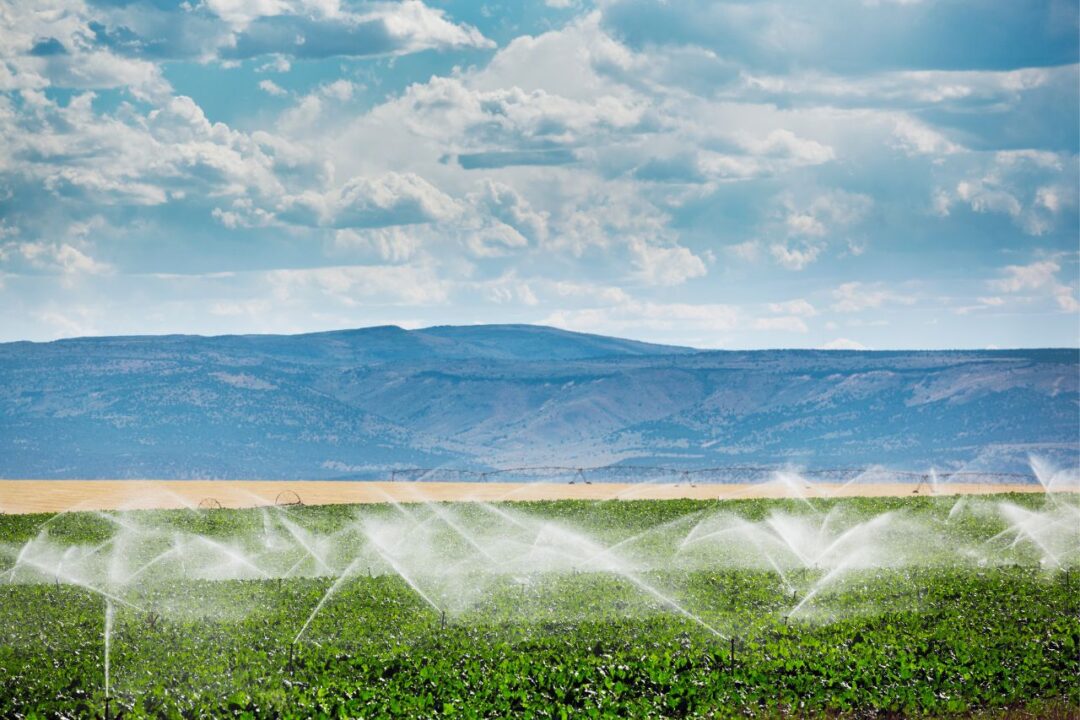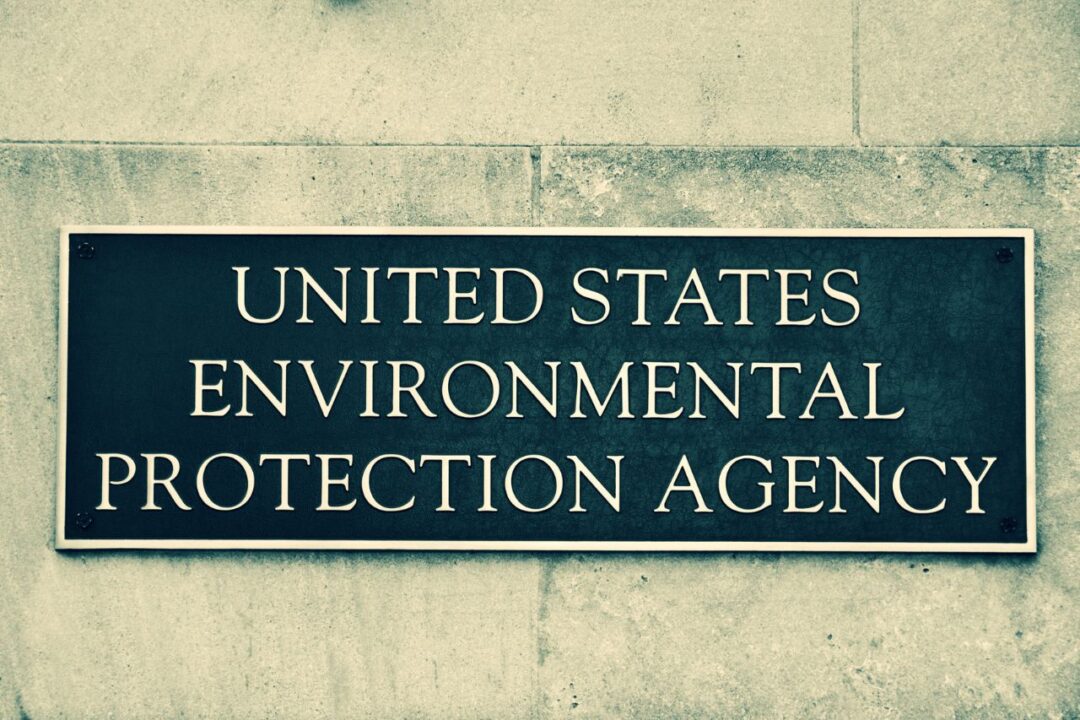Understanding How Agriculture Contributes to Water Pollution
In this deep dive, we uncover the alarming link between farming techniques and water pollution.
While essential for feeding the global population, agriculture’s environmental impact cannot be ignored.
Excessive fertilizer use and inadequate waste management contribute to water contamination.
By understanding these consequences, we can pursue sustainable alternatives that balance food production and environmental preservation.
Let’s dive in and reveal the hidden truths behind water pollution, urging the need for change.
What is covered:
- Which conventional farming practices contribute to water pollution.
- The effects of excessive nutrients on water quality.
- Sustainable farming techniques can reduce water pollution.
- Proper waste management and reduction practices.
- Government regulations and policies that protect water.
The impact of conventional farming practices on water pollution

Conventional farming practices have long been associated with water pollution due to their heavy reliance on synthetic inputs.
One of the main culprits is the excessive use of chemical fertilizers.
These fertilizers contain high levels of nitrogen and phosphorus, which are essential nutrients for plant growth.
However, when applied in excess, they can have detrimental effects on water quality.
When it rains or when irrigation is used, these fertilizers can be washed off the fields and find their way into nearby water bodies, such as rivers and lakes.
This process is known as runoff. Once in the water, the excess nutrients fuel the growth of algae and other aquatic plants, leading to a phenomenon called eutrophication.
This excessive plant growth depletes oxygen levels in the water, causing harm to fish and other aquatic organisms.
Furthermore, the use of pesticides in conventional farming also contributes to water pollution.
These chemicals are designed to kill pests and protect crops, but they can have unintended consequences when they enter water sources.
Pesticides can leach into the soil and contaminate groundwater, which is a primary source of drinking water for many communities.
Additionally, when pesticides are sprayed directly onto crops, they can be carried away by wind or rain and end up in nearby water bodies.
These harmful chemicals not only pose a risk to the environment but also to human health.
Consuming water contaminated with pesticides can have long-term negative effects on our bodies, including an increased risk of cancer and developmental problems.
It’s clear that the impact of conventional farming practices on water pollution is significant and demands immediate attention.
Sustainable farming techniques to reduce water pollution
Recognizing the need for change, many farmers and agricultural experts are turning to sustainable farming techniques that minimize water pollution while still ensuring food production.
One such approach is organic farming, which eliminates the use of synthetic fertilizers and pesticides.
Organic farming relies on natural and organic fertilizers, such as compost and manure, to nourish the soil.
These natural fertilizers release nutrients slowly, reducing the likelihood of runoff and excessive nutrient leaching.
Additionally, organic farming promotes biodiversity by avoiding the use of synthetic chemicals that harm beneficial insects and organisms.
This biodiversity helps create a balanced ecosystem that can naturally control pests and reduce the need for pesticides.
Another sustainable farming technique that can reduce water pollution is precision agriculture.
This approach uses technology, such as GPS and sensors, to apply fertilizers and pesticides more precisely, minimizing wastage and runoff.
By targeting specific areas that need nutrients or pest control, farmers can reduce their overall use of chemicals and minimize their impact on water quality.
Additionally, implementing proper waste management practices on farms can significantly reduce water pollution.
Livestock farms, in particular, generate large amounts of animal waste that can contaminate water sources if not handled properly.
By implementing systems such as anaerobic digesters, which convert animal waste into biogas, farmers can reduce both water pollution and greenhouse gas emissions.
Government regulations and policies to address water pollution in agriculture

To address the issue of water pollution in agriculture, governments around the world have implemented regulations and policies to promote sustainable farming practices.
These regulations aim to limit the use of harmful chemicals, encourage the adoption of organic farming methods, and improve waste management practices.
One example is the European Union’s Common Agricultural Policy (CAP), which includes measures to promote sustainable farming practices and protect water quality.
The CAP provides financial incentives for farmers to adopt environmentally friendly practices, such as organic farming and precision agriculture.
It also sets limits on the use of pesticides and encourages the implementation of measures to reduce nutrient runoff.
In the United States, the Environmental Protection Agency (EPA) plays a crucial role in regulating water pollution from agricultural sources.
The EPA’s Clean Water Act sets standards for water quality and requires states to develop plans to control nonpoint source pollution, which includes pollution from agricultural runoff.
These plans often involve implementing best management practices on farms to reduce nutrient runoff and improve waste management.
The role of consumers in supporting sustainable farming practices
While government regulations and policies play a significant role in addressing water pollution in agriculture, consumers also have a crucial role to play.
By making conscious choices when it comes to the food they consume, consumers can support sustainable farming practices and contribute to the protection of water resources.
One way consumers can make a difference is by choosing to purchase organic and sustainably produced food.
By opting for organic products, consumers support farmers who prioritize environmentally friendly practices and reduce the demand for chemical-intensive farming methods.
Additionally, consumers can look for labels such as “Rainforest Alliance Certified” or “Fair Trade” that indicate sustainable farming practices and fair treatment of workers.
Another way consumers can contribute is by reducing food waste.
Food waste not only contributes to greenhouse gas emissions but also puts unnecessary pressure on the agricultural industry to produce more, often at the expense of the environment.
By planning meals, storing food properly, and composting leftovers, consumers can help reduce the need for excessive food production and minimize the associated water pollution.
Key Takeaways:
- Excessive fertilizer use, pesticide use, and poor waste management contribute to water pollution.
- Sustainable farming practices, such as organic farming and precision agriculture, can reduce the environmental impact while ensuring food production.
- Government regulations and policies are crucial in promoting sustainable agriculture and protecting water resources.
- Consumers can support sustainable farming practices by making informed choices and opting for organic and sustainably produced food.
- It’s time to take action and embrace sustainable farming practices for a future where food production and environmental preservation are prioritized.

